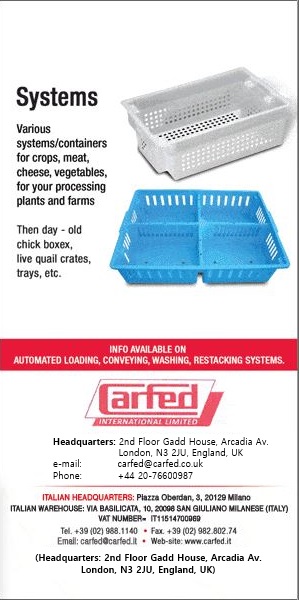Bayer and Fair Planet have renewed its commitment to the ‘Bridging the Seed Gap’ project for five years, aiming to improve food and nutrition security, provide economic opportunities for smallholder farmers in Ethiopia
The project, developed by Fair Planet, facilitates smallholder farmers’ access to seeds of high-quality vegetable varieties suited to local growing conditions.
Additional training on how to use these seeds sustainably and with minimal changes to traditional production practices helps the farmers improve their incomes based on significantly better harvests. The increase in income opens the door for better education and a better future for the next generation.
Under the renewed agreement, Bayer will provide Fair Planet, free of charge, with high-quality hybrid vegetable seed varieties and agronomic knowledge from its recently acquired De Ruiter and Seminis vegetable seed businesses.
“As the leading company in the agriculture sector, we support small-scale farming all over the world,” explained VK Kishore, head of vegetable seeds breeding and testing for Europe, the Middle East and Africa region at Bayer.
“Smallholder farmers can have an exponential impact in eradicating hunger. Through the ‘Bridging the Seed Gap’ project, smallholder farmers can help their communities so that the more rural areas can thrive. Kudos to Fair Planet for everything they have achieved so far in Ethiopia,” Kishore added.
Dr Shoshan Haran, founder and operations manager of Fair Planet, said, “We identified vegetable varieties that can increase farmers’ crop productivity five-fold while improving product quality and marketability.”
Together with Haramaya University and the Ethiopian Ministry of Agriculture, Fair Planet developed a unique extension model and trains hundreds of farmers through a ‘train-the-trainer’ concept every year in how to improve farm productivity and profitability.
According to Fair Planet, to date, more than 50,000 smallholder farmers' households in the project regions have produced more food due to better seeds and improved farming practices. This has led to improved food security and healthier nutrition for their families. Farmers are gradually shifting from subsistence farming to an agribusiness mode of operation, which contributes to sustainable economic growth for them and their families, benefitting more than 250,000 people.









